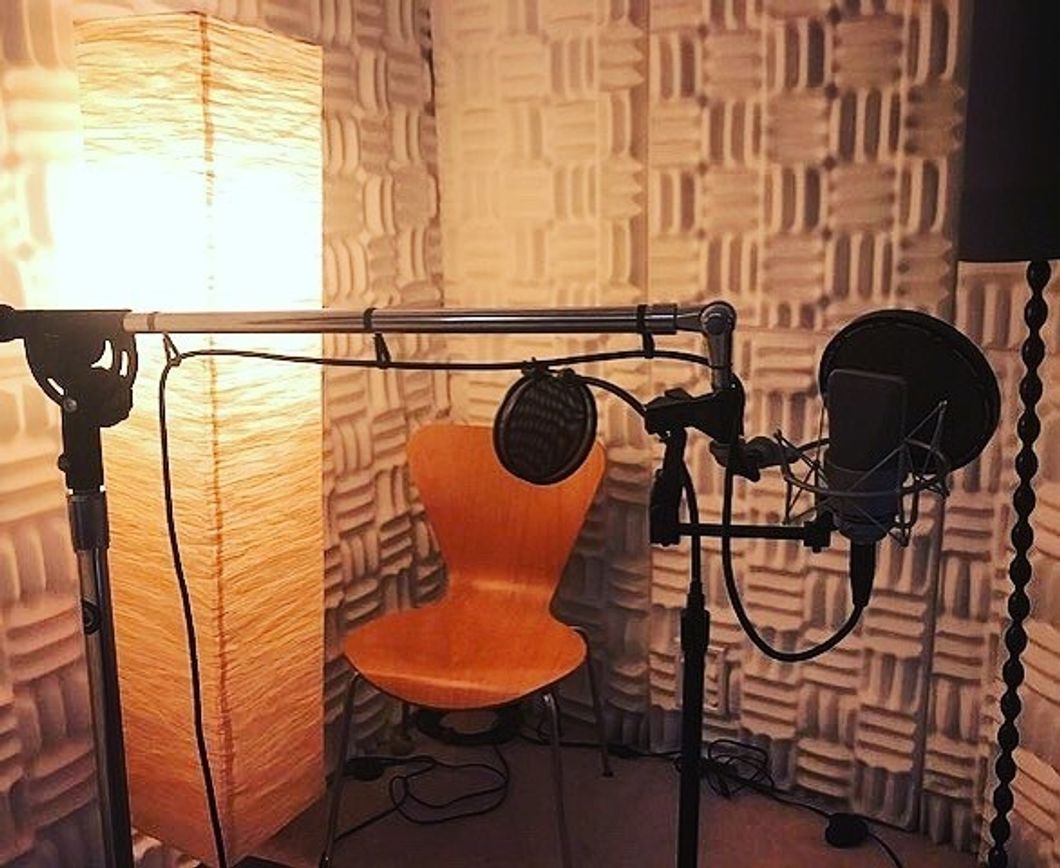The "Echo Chamber" is a media term that serves as a metaphorical description of a situation in which aspects of one's self are amplified or reinforced via interactions in a closed system, ultimately fostering all too narrow perspectives that need to be broadened.
Can you imagine living in a room where the only thing you can hear is your own voice?
In truth, social media structuring combined with our innate desire to seek out others who are similar to ourselves has created a metaphorical echo chamber where we are surrounded by ideas, people, and biases that are most similar to ourselves.
As mentioned, we are innately hardwired to seek out others similar to ourselves. So of sorts, creating echo chambers is an inbuilt mechanism that has allowed us to thrive as a social population. Even today, we curate our social media experiences, but also our friend groups, literature, and various other aspects of our day-to-day lives so that they reflect our values, desires, and perspectives.
Often times, I stumble upon a social media account or political magazine that advocates for ideas so different from my own, that I am incapable of fathoming how this idea comes to be. It was in fact, one particular encounter that prompted me to further explore this issue.
On one side echo chambers allow us to live our true selves, unaffected by other, subjectively undesirable, ideas, people and biases. On the other side - more disconcertingly - echo chambers facilitate the narrowing of our perspectives and in today's social, economic and political climate these same echo chambers are responsible for the polarization of our nation.
So, what can be done to address the problems created by our self-constructed Echo Chambers?
1. Seek out fresh perspectives - In addition to actively seeking out objective literature, we should all do our part to read up on new perspectives as they arise and at least inform ourselves of perspectives that are the polar opposite to our own.
2. Understand that our world is non-binary - Echo Chambers are divisive in that they often make you choose sides: left-wing or right-wing; Democrat or Republican; Pineapple on pizza or not; etc. The truth is, that you can still be a moderate and independent (but you have to pick one for the pizza).
3. Address your own biases - Harvard's implicit bias test allows test-takers to identify their own hidden biases in hopes of realizing them and actively working to change biases that the test taker deems inhibitory.
The age-old adage "Think Outside the Box" directly applies to this idea of exploring beyond the echo chambers we construct for ourselves. As it pertains to this topic, I think we could all "Think Outside the Chamber."



















